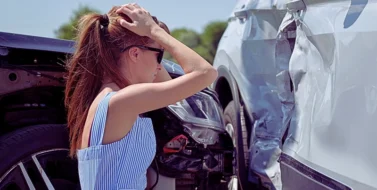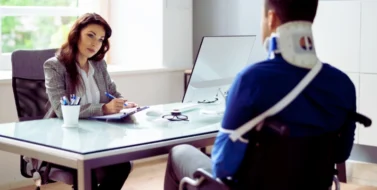Recent data has shown that caregivers often make several key mistakes when installing car seats for children, although car accidents pose the biggest safety risk to children. Specifically, the National Digital Car Seat Check Form (NDCF) database details the mistakes that caregivers are making.
Table of Contents
Caregivers Make Three Primary Mistakes
According to the NDCF, caregivers make three common mistakes when installing children’s car seats. The first mistake is loose installation, which prevents the seat from remaining securely in place in the event of a car accident. The second most common mistake is failure to use the connected tether with seat belts or lower anchors for car seats that face forward. The third frequent mistake is failing to tighten the harness straps when securing the seat into place.
Rushing Transitions Between Car Seats
The NDCF also found that caregivers often rush to change from forward-facing car seats to booster seats. Over 25% of children make the transition too early on, and over 90% of children under 10 who use conventional seats still require booster seats.
Older Children Need Seat Inspections
Another NDCF finding was that caregivers are less inclined to have car seats inspected when the children switch to forward-facing seats and booster seats. The study specifically concluded that safety technicians inspect nearly four times the number of rear-facing car seats compared to forward-facing ones. Additionally, technicians found that 73% of forward-facing seats are improperly installed.
When It Isn’t the Caregiver’s Fault
Although parents and other caregivers may make mistakes that contribute to unsafe children’s car seat installation and use, sometimes it’s the vehicle or car seat design that’s at fault. For example, the Maxi-Cosi Pria 85 Convertible Child Car Seat was recently recalled because of a design that put children at risk of head injuries. In addition, a variety of newer vehicles were recalled because of loose seat belts that weren’t tight enough to secure car seats.
Caregivers can still take certain steps to make sure children are safe in vehicles. Online courses are available for caregivers that detail the four stages of passenger safety for children, including all types of car seats. Taking these precautions could help minimize the risk of auto accidents involving unsecured children’s car seats, including rear-facing, forward-facing, and booster seats.





